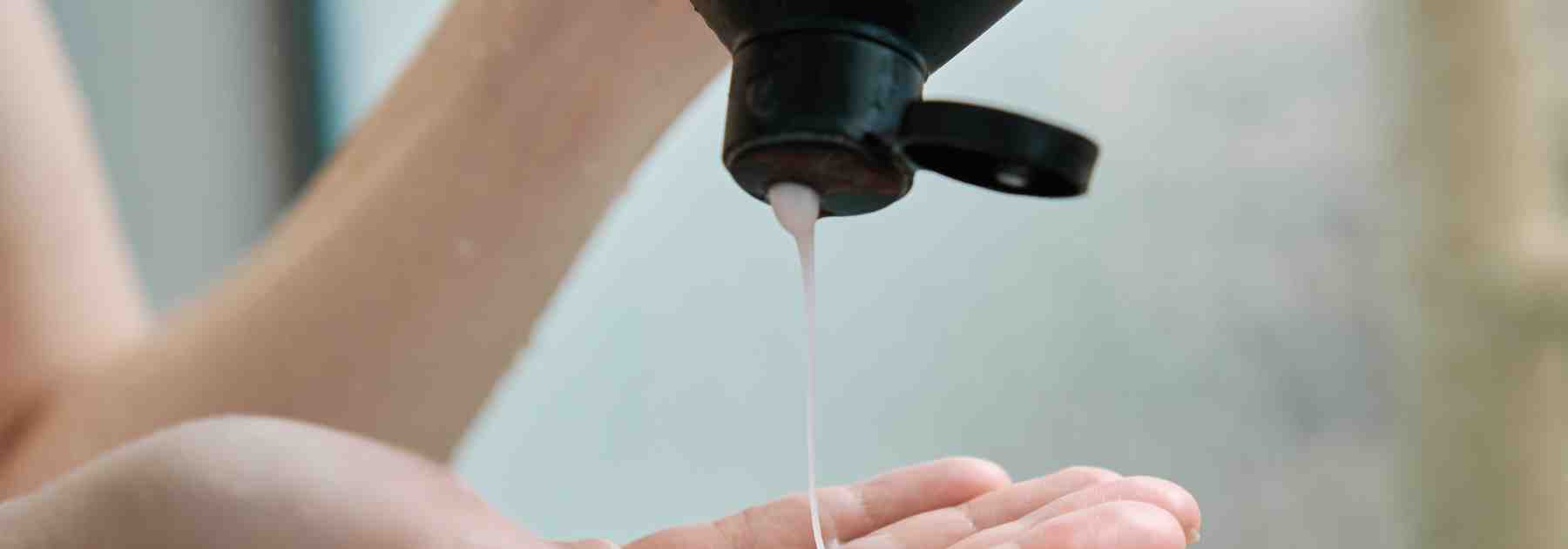Hair loss affects millions of men and women across the UK, prompting a huge market for shampoos, serums, and tablets that claim to slow shedding and stimulate regrowth. One popular solution gaining attention is caffeine shampoo for hair loss. But how effective is it?
At Simply Meds Direct, we believe in honest, evidence-based advice. Here’s what you need to know about caffeine as a hair loss treatment, how it works, what studies show, and how it compares to other proven methods like finasteride and dutasteride.
What is Caffeine and Why Is It in Shampoo?
Caffeine is best known for giving your morning coffee its energy-boosting effect, but it’s also being used more and more in topical hair loss products, particularly shampoos. The idea behind caffeine shampoo is that it can penetrate the scalp and stimulate hair follicles, helping to delay or reduce hair thinning.
Caffeine shampoos are often marketed as drug-free alternatives to medical treatments, appealing to those seeking a less invasive or more natural approach.
How Does Caffeine Work on the Scalp?
In theory, caffeine can counteract the effects of a hormone called dihydrotestosterone (DHT), which plays a central role in androgenetic alopecia, commonly known as male or female pattern hair loss. DHT shortens the hair growth cycle and miniaturises hair follicles, resulting in finer, weaker strands over time.

Caffeine is thought to:
-
Stimulate blood circulation in the scalp
-
Prolong the anagen (growth) phase of hair follicles
-
Block the harmful impact of DHT on follicle cells
It’s believed that when applied topically, caffeine penetrates the skin and reaches the hair root, supporting healthier growth and potentially reducing shedding. However, the body of evidence around this is still developing.
What Do the Studies Say?
Several laboratory-based studies have investigated the effect of caffeine on hair follicles:
In vitro (test tube) studies have shown that caffeine can promote hair follicle growth and extend the hair growth phase in human tissue samples.
A study published in the International Journal of Dermatology suggested that caffeine may promote hair shaft elongation and counteract the negative impact of testosterone on hair follicles.
However, it’s important to note that these studies were mostly small and conducted in lab environments, not always reflecting real-world shampoo use. While these results are promising, large-scale clinical trials on humans are limited, so the evidence should be viewed as encouraging but not conclusive.
In simpler terms: caffeine might help with hair loss, but it’s unlikely to reverse it completely, especially in advanced cases. It’s better suited for mild to moderate thinning or as a supplementary treatment alongside more proven options.
Recommended Caffeine Shampoos for Hair Loss
If you’re interested in trying caffeine shampoo, it’s important to choose products with a good reputation and clinically informed formulations. Some of the most well-known options include:
Alpecin Caffeine Shampoo – Probably the most recognisable brand, formulated to support hair roots and energise the scalp.
Plantur 39 Caffeine Shampoo – Targeted at women over 40, this version includes additional nutrients to support hair affected by hormonal changes.
The Inkey List Caffeine Stimulating Scalp Treatment – Lightweight, leave-in treatment designed to absorb directly into the scalp with a focus on strengthening the follicle base.
Using caffeine shampoo consistently and as directed (usually leaving it on the scalp for a few minutes before rinsing) gives it the best chance to work effectively.

Are There Better Alternatives for Hair Loss?
While caffeine shampoos can support scalp health and possibly reduce mild shedding, they are not a cure for genetic hair loss. For more reliable, clinically proven results, many people turn to oral medications.
Two popular options include:
Finasteride (Propecia) – A prescription tablet taken once daily, finasteride blocks the conversion of testosterone to DHT, helping to prevent further hair loss and encourage regrowth in many men. It’s one of the most effective treatments available for male pattern baldness.
Dutasteride – Similar to finasteride but more potent, dutasteride inhibits both types of the enzyme responsible for DHT production. It’s not yet licensed for hair loss treatment in the UK, but it is sometimes prescribed off-label under specialist guidance.
Both medications typically show noticeable results after 3–6 months of use, especially when paired with supportive products like minoxidil or caffeine shampoo. However, they can carry side effects, so it’s important to consult a pharmacist or GP before starting.
Tackling Serious Hair Loss
Caffeine shampoo for hair loss can be a useful part of your hair care routine, especially in the early stages of thinning. It’s easy to use, generally safe, and may support healthier scalp conditions and follicle stimulation. However, its effects are likely modest when used on its own.
For those looking to seriously tackle hair loss (particularly male pattern baldness), medications like finasteride and dutasteride offer more consistent and scientifically backed results. Ideally, a combination approach using both medical treatments and supportive shampoos offers the best chance of success.
At Simply Meds Direct, we offer a wide range of hair loss solutions, from shampoos and treatments to prescription tablets—all backed by expert advice from our UK pharmacy team. If you have questions about which treatment is right for you, get in touch with us today.
This blog was written on behalf of Simply Meds Direct by Pharmacy Mentor.
